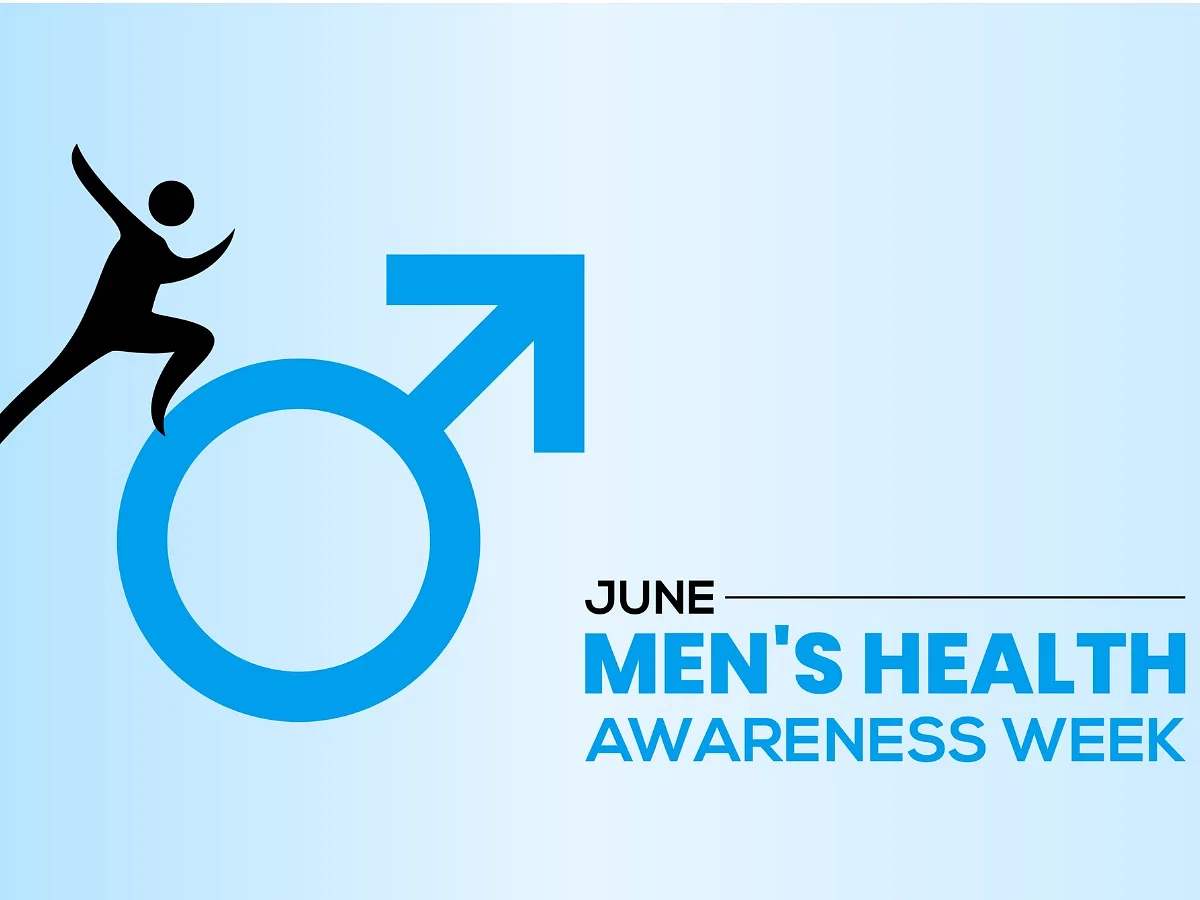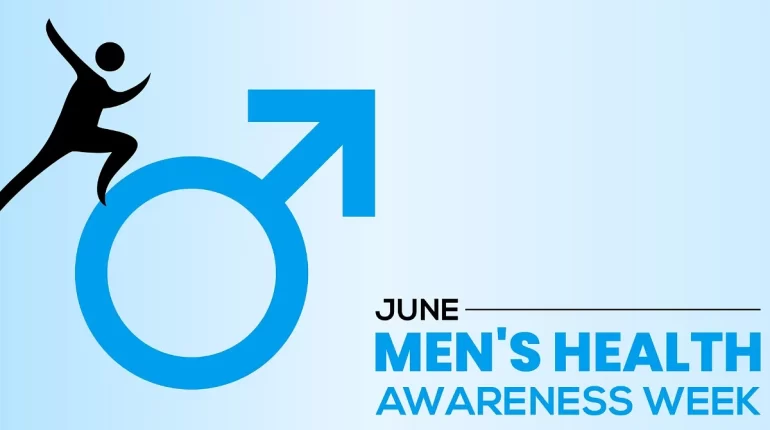Men’s health awareness is an essential topic that often doesn’t receive the attention it deserves. Men are generally less likely to seek medical help, which can lead to undiagnosed conditions and preventable health issues. This guide aims to provide useful information to help men lead healthier lives, focusing on physical, mental, and emotional well-being.
The Importance of Regular Check-Ups
One of the most crucial steps men can take towards better health is scheduling regular check-ups. Routine screenings can detect potential health issues early, making them easier to treat. Common screenings for men include:
Blood Pressure Checks: High blood pressure is a silent killer that can lead to heart disease and stroke.
Cholesterol Levels: Keeping cholesterol in check helps prevent cardiovascular diseases.
Prostate Exams: Prostate cancer is a significant risk for men, especially those over 50.
Diabetes Screening: Early detection of diabetes can prevent severe complications.
Healthy Diet and Nutrition
A balanced diet is fundamental to good health. Men should focus on incorporating the following into their daily diet:
Fruits and Vegetables: Aim for at least five servings per day.
Lean Proteins: Include chicken, fish, beans, and nuts.
Whole Grains: Opt for whole-grain bread, pasta, and cereals.
Healthy Fats: Avocados, olive oil, and fatty fish are great sources of healthy fats.
Limit Sugar and Salt: Excessive sugar and salt intake can lead to various health issues, including heart disease and hypertension.
Regular Exercise
Physical activity is vital for maintaining overall health. It helps manage weight, reduces the risk of chronic diseases, and improves mental health. Men should aim for at least 150 minutes of moderate-intensity exercise per week. This can include:
Cardio Exercises: Running, cycling, or swimming to boost cardiovascular health.
Strength Training: Lifting weights or using resistance bands to build muscle mass.
Flexibility Exercises: Yoga or stretching to improve flexibility and prevent injuries.

Mental Health Matters
Mental health is just as important as physical health. Men are often reluctant to talk about their mental health issues due to societal pressures and stigma. However, addressing mental health concerns is crucial. Here are some tips:
Recognize the Signs: Be aware of symptoms such as prolonged sadness, anxiety, or irritability.
Seek Help: Don’t hesitate to talk to a mental health professional if you’re struggling.
Stress Management: Practice stress-reducing techniques like meditation, deep breathing exercises, and mindfulness.
Stay Connected: Maintain strong relationships with family and friends for emotional support.
Substance Abuse and Smoking
Substance abuse and smoking are significant health risks for men. Smoking can lead to lung cancer, heart disease, and chronic respiratory conditions, while excessive alcohol consumption can cause liver disease, high blood pressure, and other health issues. Here are some steps to reduce these risks:
Quit Smoking: Seek support through smoking cessation programs, medications, or counseling.
Limit Alcohol Intake: Stick to moderate drinking guidelines—no more than two drinks per day for men.
Avoid Illegal Drugs: Seek help if you’re struggling with substance abuse.
Sleep and Rest
Adequate sleep is essential for overall health. Poor sleep can lead to a range of health problems, including obesity, heart disease, and depression. Men should aim for 7-9 hours of sleep per night. To improve sleep quality:
Establish a Routine: Go to bed and wake up at the same time every day.
Create a Relaxing Environment: Keep your bedroom dark, quiet, and cool.
Limit Screen Time: Avoid screens at least an hour before bedtime.
Avoid Caffeine and Alcohol: These can disrupt sleep patterns.
Preventative Measures
Taking preventative measures can significantly reduce the risk of health issues. Here are some key strategies:
Vaccinations: Stay up to date with vaccinations, including the flu shot and COVID-19 vaccine.
Sun Protection: Use sunscreen and wear protective clothing to prevent skin cancer.
Safe Practices: Use protective gear when engaging in sports or hazardous activities.
Men’s health awareness is a critical aspect of overall well-being. By focusing on regular check-ups, a balanced diet, regular exercise, mental health, avoiding substance abuse, ensuring adequate sleep, and taking preventative measures, men can lead healthier, happier lives. It’s time to break the stigma around men’s health and encourage open conversations and proactive steps towards better health. Remember, taking care of your health today will ensure a better quality of life in the future.


















